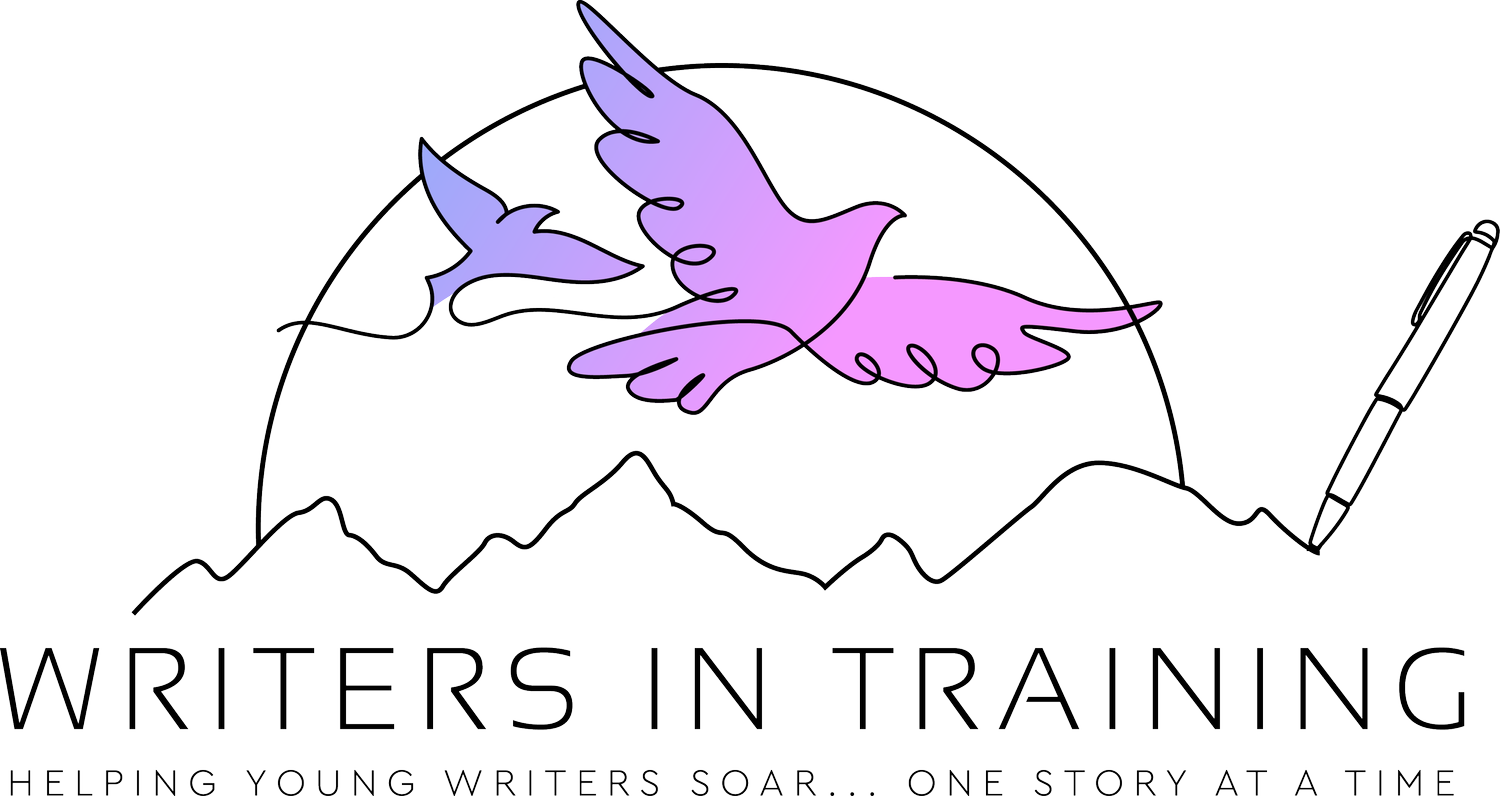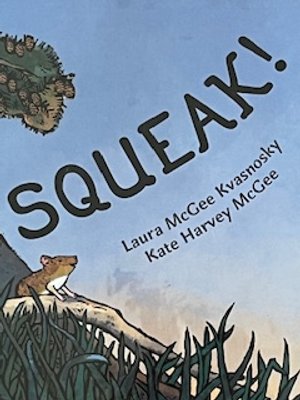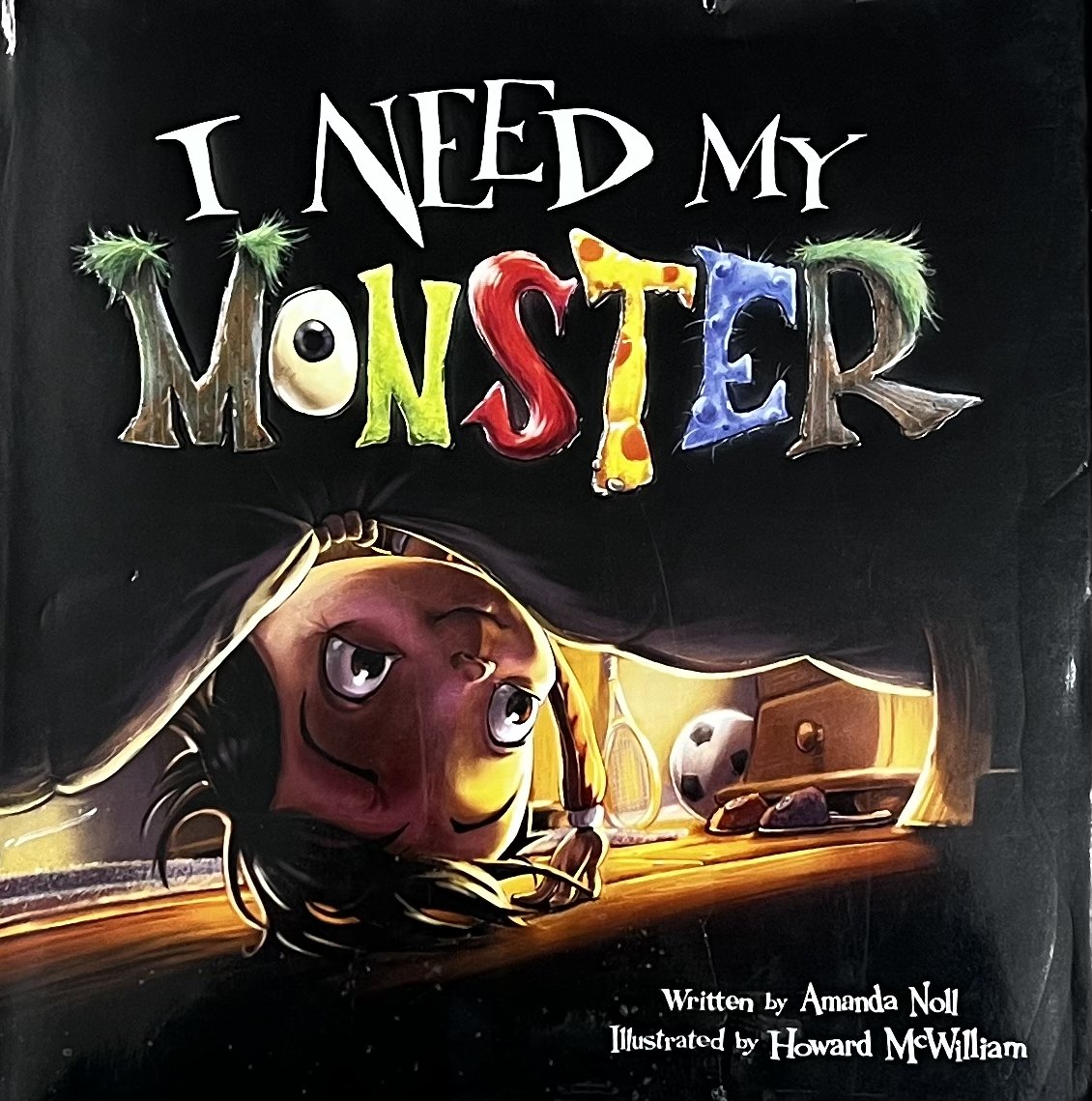“If you don’t have time to read, you don’t have the time (or the tools) to write. Simple as that.”
Mentor texts are key to helping aspiring writers learn the craft of writing.
When we analyze the skills authors use to create well-written fiction or nonfiction, we begin to think like authors.
Below are some of my favourite mentor text suggestions, along with an overview of the writing skills each story highlights. I update the list as I discover new resources.
Be sure to check back often.
Do you have a favourite mentor text?
Catside Up, Catside Down: A Book of Prepositions
Author: Anna Hrachovec
Overview: This sweet picture book introduces young readers and writers to prepositional words, placing knitted cats in various humorous positions.
Skill: Sentence writing, using prepositional sentence openers
You’re Here for a Reason
Author: Nancy Tillman
Overview: This is a favourite read-aloud in my third-grade class. It is a beautiful reminder that each individual is highly valued and everyone has an important role in making our world a better place, even when some days don’t go well.
Skills: Word choice (strong verbs), voice (lyrical),
Something Beautiful
Author: Lita Judge
Overview: This book explores the theme of friendship and making new friends and how, through our friendships, we discover something beautiful about each of us.
Skills: Word choice (strong verbs), repetition, circular story structure, voice (lyrical), using description to show character traits
Truman
Author: Jean Reidy
Overview: Reidy’s whimsical story explores a day in the life of a pet turtle, Truman, from the turtle’s perspective. Ultimately, even the smallest of us can be brave and take on new challenges when we feel loved and secure.
Skills: Imaginative thinking, perspective-taking, word choice (specific adjectives), alliteration , repetition, sensory imagery, sentence fluency, character development
A Quiet Place
Author: Douglas Wood
Overview: Douglas Wood takes us on a journey into a child’s imagination as he explores one quiet place after another. The reader is encouraged to notice the wonderful details in seemingly ordinary places. Dan Andreasen’s illustrations are lush and compelling, drawing us deeper into imaginative contemplation.
Skills: Imaginative thinking, observing details, word choice (specific adjectives, strong verbs)
Squeak!
Author: Laura McGee Kvasnosky & Kate Harvey McGee
Overview: A small mouse, tickled by a gentle breeze, wakes with a squeak. That sound awakens other meadow dwellers until each has added to the cacophony.
Skills: Sound effect words (onomatopoeia), word choice (strong verbs, specific nouns, vivid adjectives)
Where I Live
Author: Frances Wolfe
Overview: A book about childhood memories becomes poignant when two ideas are combined in each of seven sentences. Learners can emulate this pattern to write about the place where they live.
Skills: Compound sentence construction, following a pattern, non-rhyming free verse
Owl Moon
Author: Jane Yolen
Overview: Late one winter evening, a young girl is taken owling by her father. As father and daughter hunt for the elusive Great Horned Owl, the reader hears the girl’s thoughts describing the mystery and beauty of winter, nature, and a special time alone with her dad.
Skills: Similes, personification, word choice (strong verbs, specific adjectives)
A Walk in the Words
Author: Hudson Talbot
Overview: The inspiring true story of how author Hudson Talbott overcame his fear of words and the label of “slow reader”. Allowing curiosity to lead the way, and with lots of determination and perseverance, Hudson learned he could read at his own pace to discover the magical world of reading and stories.
Skills: Word attack skills, strong vocabulary (look for words hidden in the illustrations), perseverance, daily writing inspiration, using illustrations and words to tell a story
Things That are Most in the World
Author: Judi Barrett
Overview: A playful look at superlatives using vivid imagery and humour.
Skills: Superlatives, sentence construction, extending sentences to include vivid details, using illustrations and words together to form an image
The Almost Fearless Hamilton Squidlegger
Author: Timothy Basil Ering
Overview: Hamilton Squidlegger isn’t afraid of anything. Well, almost anything. He is too afraid to sleep alone. Hamilton’s dad makes his favorite treat (a double-decker grasshopper worm-cake with snake-belly frosting), but Hamilton can only eat it under one condition…he must spend the whole night in his own mud.
Skills: Vivid word choice (verbs, adjectives, specific nouns)
The Keeper of Wild Words
Author: Brooke Smith
Overview: A young girl visits her grandmother, and together, they go on a search to discover and collect “wild” words in the hopes of preserving them. This is a wonderful story that encourages writers to actively seek out and collect their own “wild” words.
Skills: Lyrical descriptive language, vivid word choice, personification, effective use of very short sentences, interjections, building a word collection
Moving Words About a Flower
Author: K.C. Hayes
Overview: On a rainy day in the city, a tiny seed finds its way into a crack in a sidewalk and so begins a story of life and survival as a dandelion plant is born. K.C. Hayes shows how vivid action and descriptive words can be used to create concrete images that both spark the imagination and teach scientific facts.
Skills: Effective word choice, onomatopoeia, using specific, concrete words and sensory imagery to build a word picture for readers to visualize
How to Write a Story
Author: Kate Messner
Overview: Dive into the story writing process as a young writer follow ten steps to plan, write, revise, edit, and publish a descriptive story. 1. Search for an idea 2. Choose a setting 3. Choose a main character 4. Dream up a problem for the main character 5. Plan your story 6. Write wth so much detail readers can see it in their minds 7. Read through and make a list of ways to make it better 8. Edit for punctuation and spelling 9. Choose a title 10. Share
Skills: Story writing process, think like an author, writing to entertain (Companion to “How to Read a Story” by the same author.)
Stanley’s Party
Author: Linda Bailey
Overview: One the best books I have found to show students how to describe story action in slow motion. Stanley knows he is not allowed to sit on the couch. But his people go out a lot! In step-by-step action, Linda Bailey shows what happens when a dog finds out he can host a party for his canine friends.
Skills: Describing in slow motion; word choice emphasis on strong verbs and specific nouns
I Need My Monster
Author: Amanda Noll
Overview: Ethan’s personal under-the-bed monster, Gabe, has gone on vacation. How will he get to sleep without him? Use this resource to show students how to describe a unique character in detail. Children love to imagine, draw, and write about their personalized monster.
Skills: First person narration, describing characters in detail, sensory imagery, connecting illustrations to written descriptions
Carmine - A Little More Red
Author: Melissa Sweet
Overview: Combination alphabet book and upgraded Little Red Riding Hood story encourages children to discover and collect interesting vocabulary words.
Skills: Use in conjunction with word collecting books or word lists to collect vivid verbs and specific nouns.


















